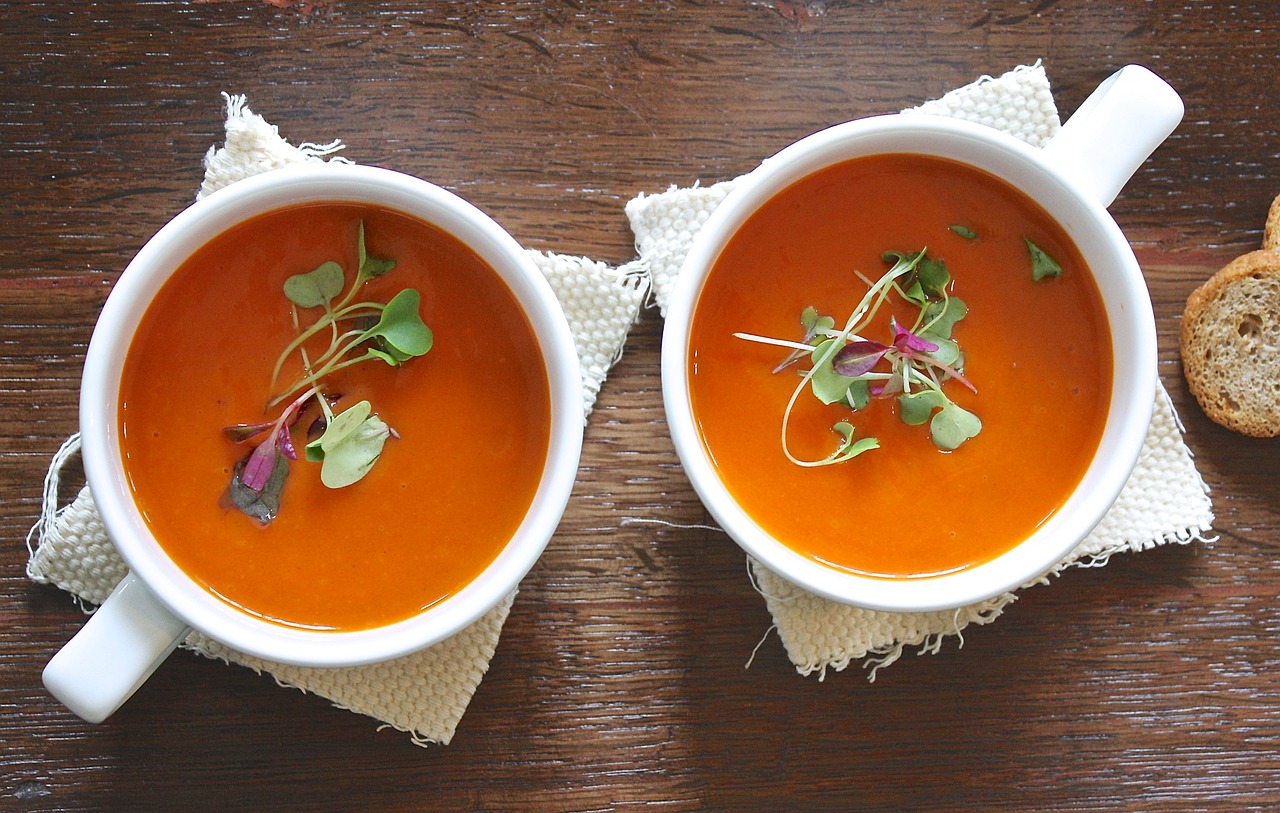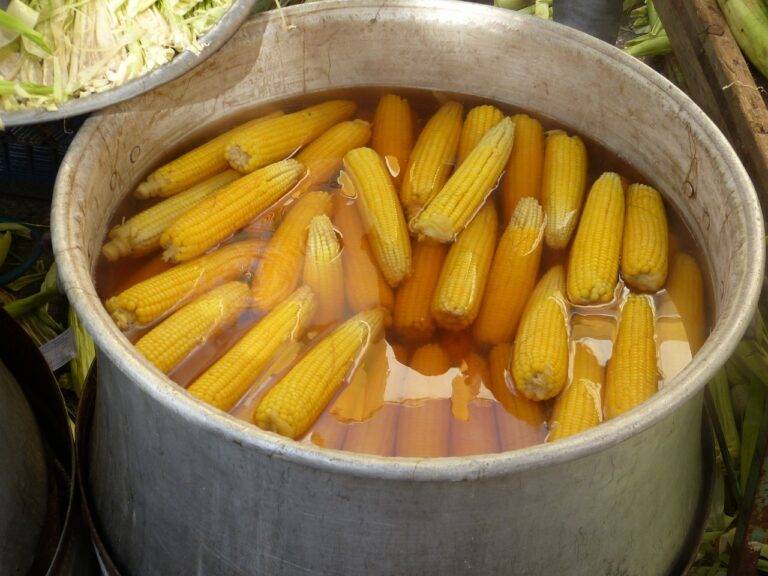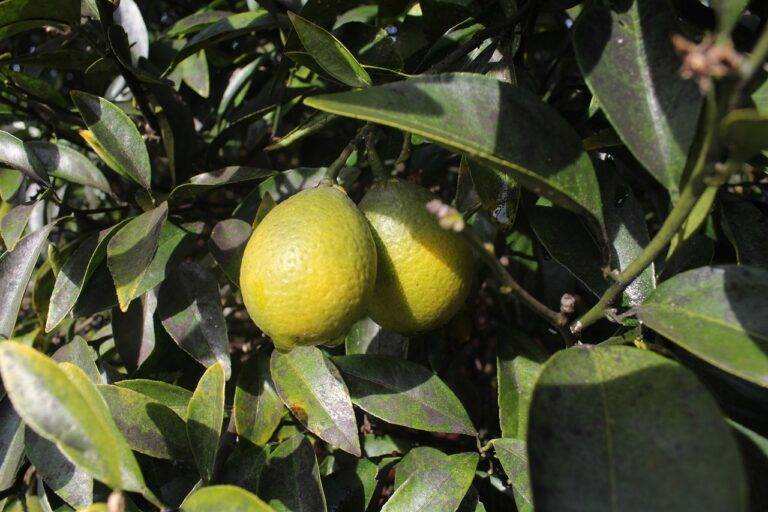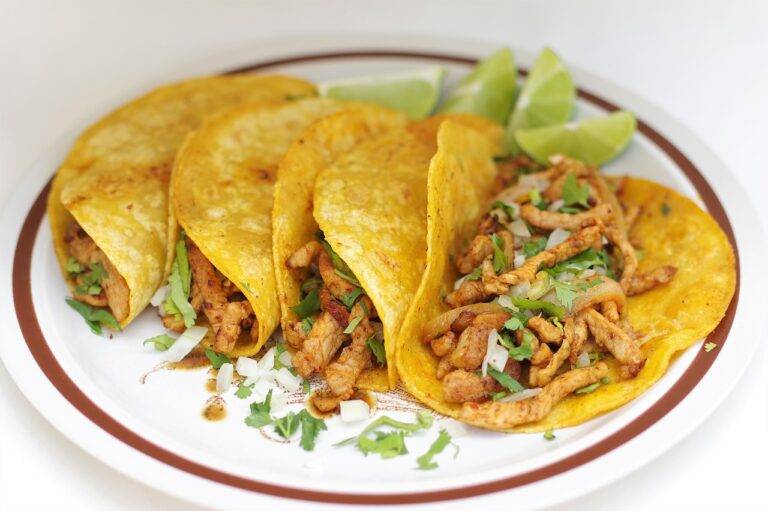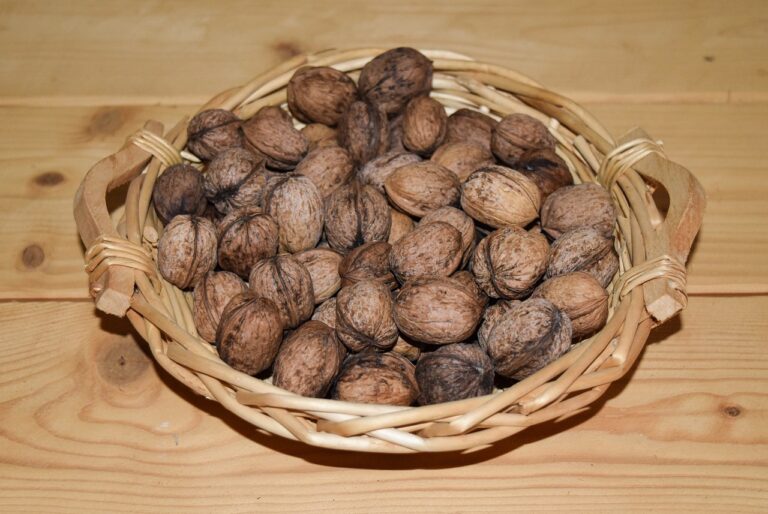The Surprising Health Benefits of Traditional Native American Fermented Foods
Fermentation has long been a vital aspect of traditional Native American food preparation. Various indigenous tribes across North America have a rich history of fermenting foods to enhance flavors, prolong shelf life, and improve nutritional value. These foods were not just sustenance but also played a significant role in cultural practices and ceremonies.
From fermented corn to wild berries and game meat, Native American communities utilized local ingredients and age-old techniques to create a diverse array of fermented foods. The process of fermentation often involved natural ingredients like wild yeast and bacteria, allowing for the development of unique flavors and textures that are deeply rooted in Indigenous traditions and ancestral knowledge.
History and Cultural Significance of Fermentation in Native American Cuisine
Fermentation has deep roots in the traditional diets of Native American communities across North America. Before the arrival of European settlers, indigenous peoples had already been proficient in the art of fermenting food items such as corn, beans, squash, and wild game. Fermentation not only served as a method of food preservation but also held cultural significance in various tribal practices and ceremonies.
The process of fermentation was not just about preserving food for longer shelf life, but it was also intricately tied to spiritual beliefs and customs within Native American cultures. The transformation of raw ingredients into fermented foods was often seen as a way to connect with nature and honor the land that provided sustenance for the tribes. Additionally, fermented foods were often shared during communal gatherings and celebrations, strengthening social bonds and reinforcing the interconnectedness of the community with the natural world.
Nutritional Benefits of Fermented Foods in Native American Diet
Fermented foods have been a staple in traditional Native American diets for centuries. These foods are not only rich in probiotics, which support gut health and digestion, but they also provide a source of essential vitamins and minerals. The fermentation process enhances the bioavailability of nutrients in foods like corn, beans, and squash, making them more easily absorbable by the body.
Additionally, fermented foods often have a longer shelf life, allowing Native American tribes to preserve the harvest for extended periods of time. This preservation method helped communities survive harsh winters and food scarcity. Beyond their practicality, fermented foods played a vital role in cultural traditions and ceremonies, symbolizing the interconnectedness of nature and human life in Native American beliefs.
• Fermented foods are rich in probiotics, supporting gut health and digestion
• Fermentation enhances the bioavailability of nutrients in foods like corn, beans, and squash
• Longer shelf life of fermented foods helped Native American tribes preserve harvest for extended periods
• Fermented foods played a vital role in cultural traditions and ceremonies in Native American beliefs
What are some examples of traditional Native American fermented foods?
Some examples of traditional Native American fermented foods include sauerkraut, pickles, fermented corn, and fermented beverages like chicha.
Why is fermentation important in Native American cuisine?
Fermentation has been an important part of Native American cuisine for centuries, not only for preserving food but also for enhancing flavor and nutritional value.
What are the nutritional benefits of fermented foods in the Native American diet?
Fermented foods in the Native American diet are rich in probiotics, which support gut health and digestion. They also contain higher levels of certain vitamins and minerals, and can help increase the bioavailability of nutrients in other foods.
How does fermentation impact the cultural significance of Native American cuisine?
Fermentation plays a significant role in the cultural traditions of many Native American tribes, with recipes and techniques being passed down through generations. It is a way to connect with ancestral roots and preserve traditional food practices.
Can fermented foods be incorporated into a modern Native American diet?
Yes, fermented foods can easily be incorporated into a modern Native American diet. Many traditional recipes and techniques can still be used today, or individuals can explore new ways to ferment foods using modern equipment and ingredients.

